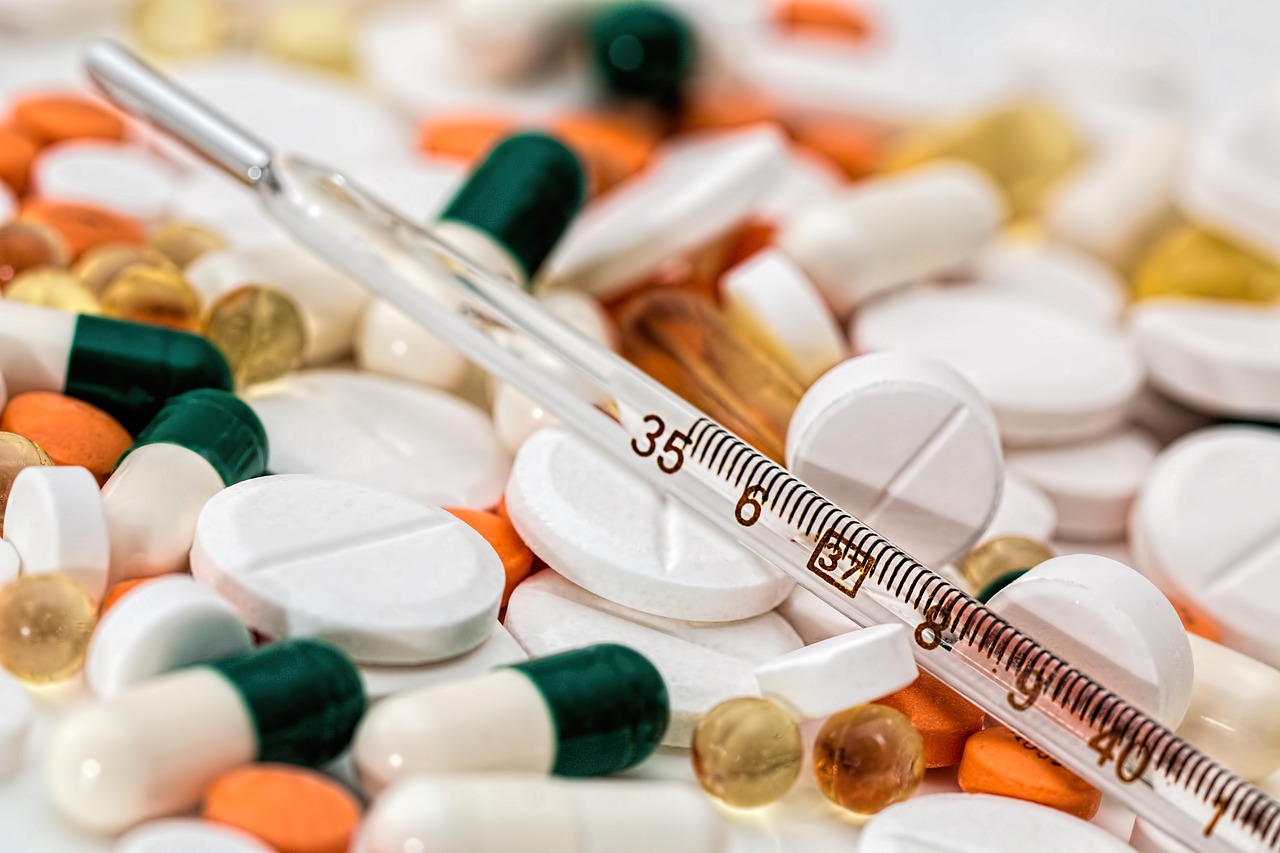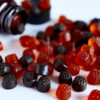Not all bacteria in our bodies are ‘bad.’ In fact, there are 10 times the number of bacterial cells to human cells in our bodies and somewhere between 300 and 500 different commensal bacterial species in the human gut. A healthy diet supports our own cells’ growth as well as maintaining a diverse population of the bacterial cells we rely on to digest and absorb essential nutrients that we are unable to make on our own.
Image Source: Hiroshi Watanabe
When we encounter ‘bad’ bacteria, a doctor may prescribe antibiotics to assist our immune system in fighting the infection. Unfortunately, when we take these medications we also end up disrupting the balance of the helpful bacteria in our intestines. This can lead to unpleasant symptoms such as diarrhea and cramping or serious infections. Research has shown that the bacterial imbalances and their symptoms can last for years.
Diet is key in preventing symptoms and correcting bacterial imbalances while taking antibiotics. In general, a plant-based diet with lots of colorful and nutrient-dense vegetables is best. Fluid intake should be maximized to avoid dehydration, especially if diarrhea is a major symptom. Dark, leafy green vegetables can restore microbes that help the body absorb the B vitamins and vitamin K. Nutrient dense soups and broths help with hydration and provide the energy necessary for good bacteria to regrow. Fermented foods such as sauerkraut and kimchee contain prebiotics that also support these helpful microbes. Probiotic and prebiotic supplements, which can be purchased in powder or liquid form, can give a powerful boost of these nutrients as well.
Image Source: Trinette Reed
What should you avoid? It is important to pay attention to the directions that come with each particular medication. Some antibiotics cannot be taken with dairy or iron-rich foods. Some should be taken with food, some without. In general, it is a good idea to avoid acidic and carbonated foods, as these can interfere with drug absorption. Caffeine and alcohol should be limited as well. Both contribute to dehydration and alcohol can increase some side effects like upset stomach, dizziness, and nausea.
It is best to avoid taking antibiotics unless they are truly necessary to avoid developing resistance and damaging your important gut microorganism community. When you do have to take them, adjusting your diet will help ensure a better recovery.
Feature Image Source: stevepb










